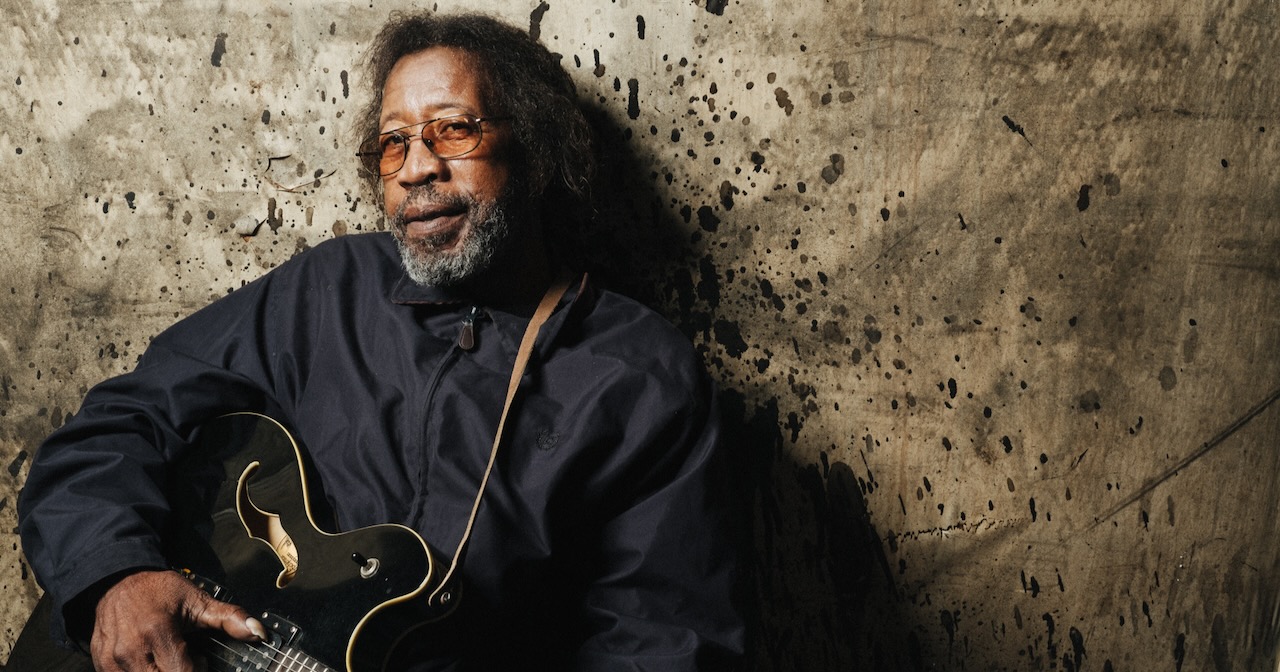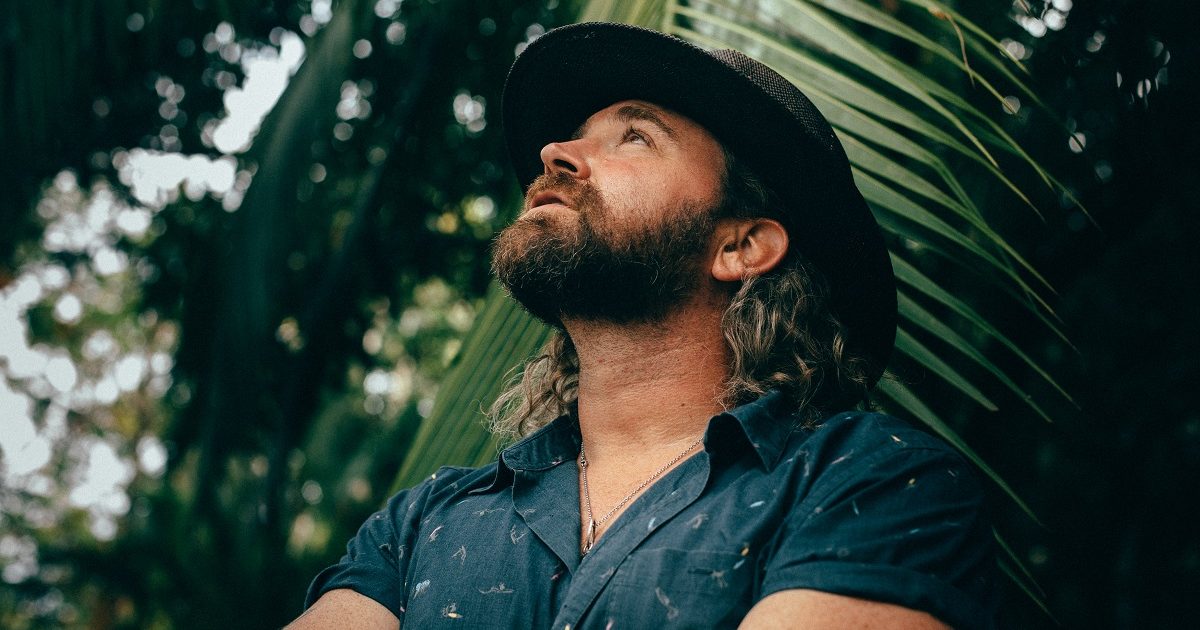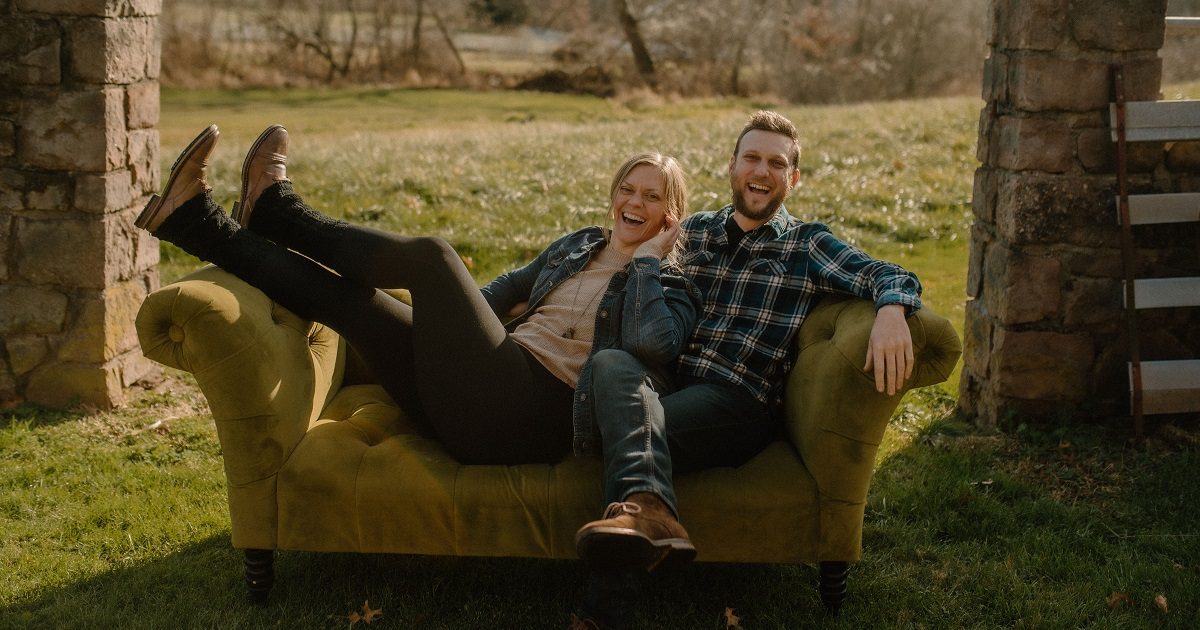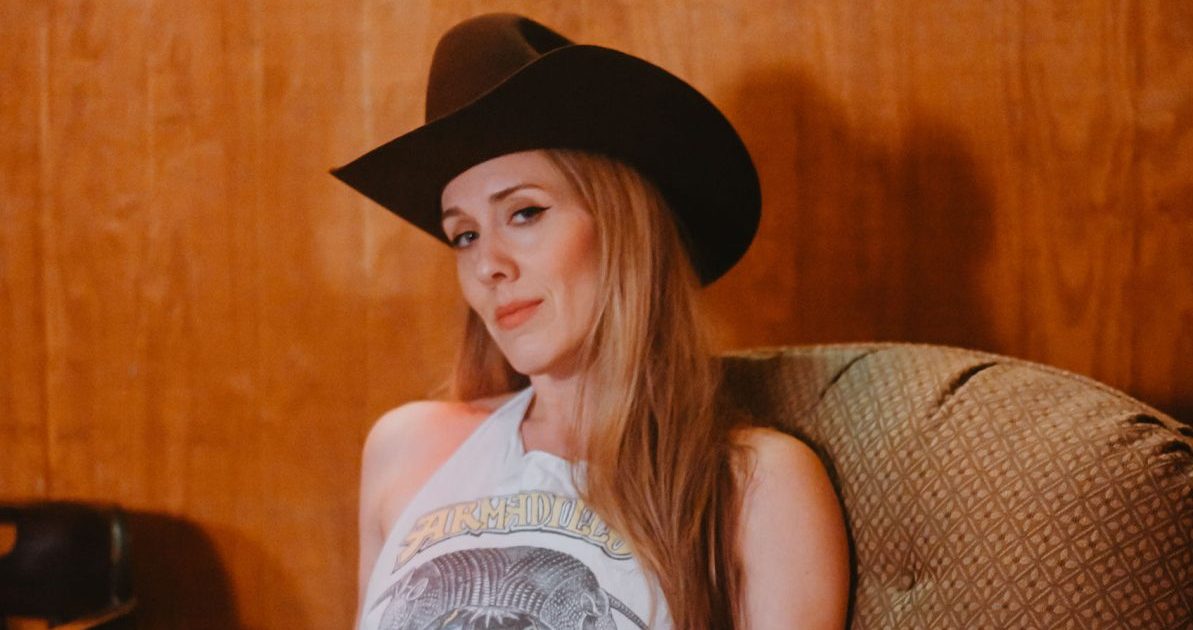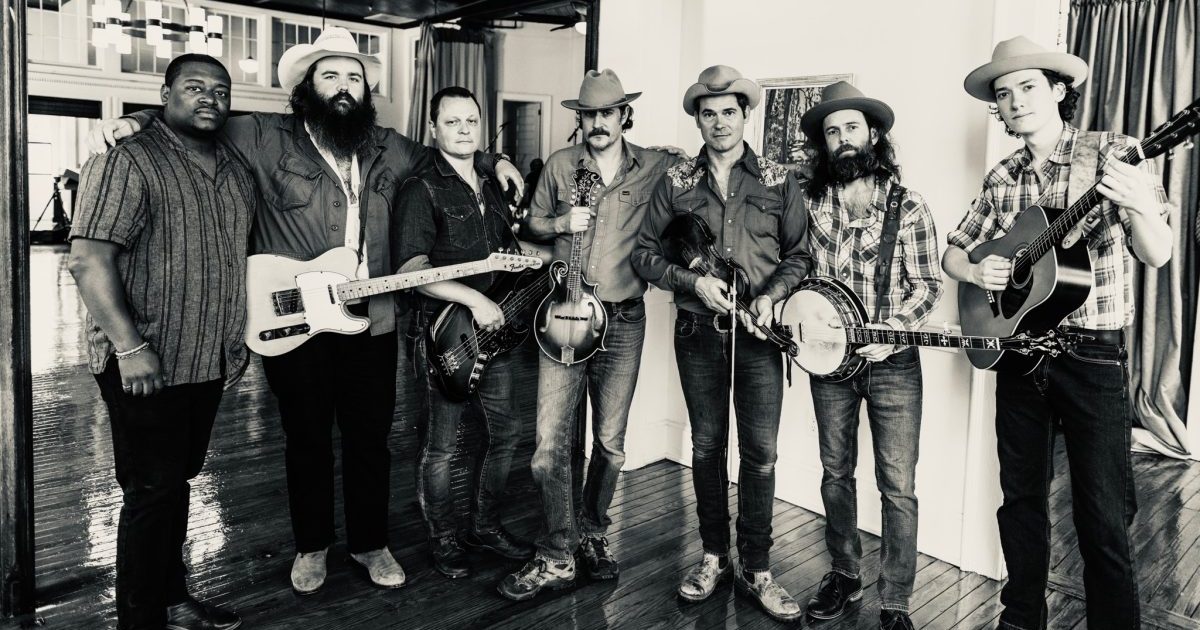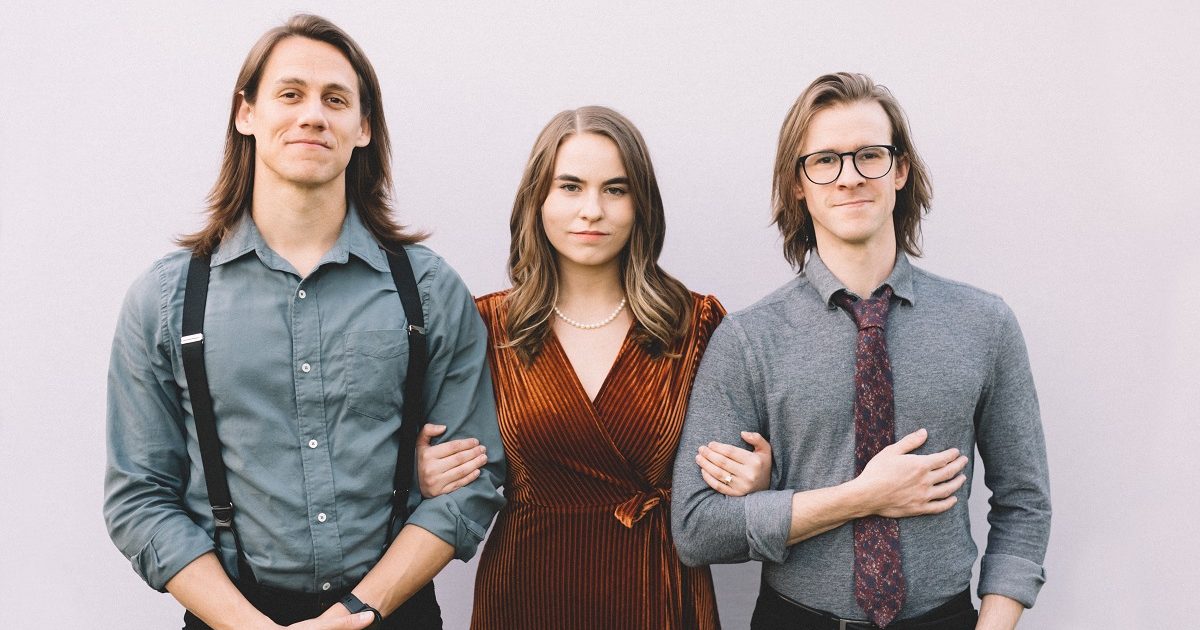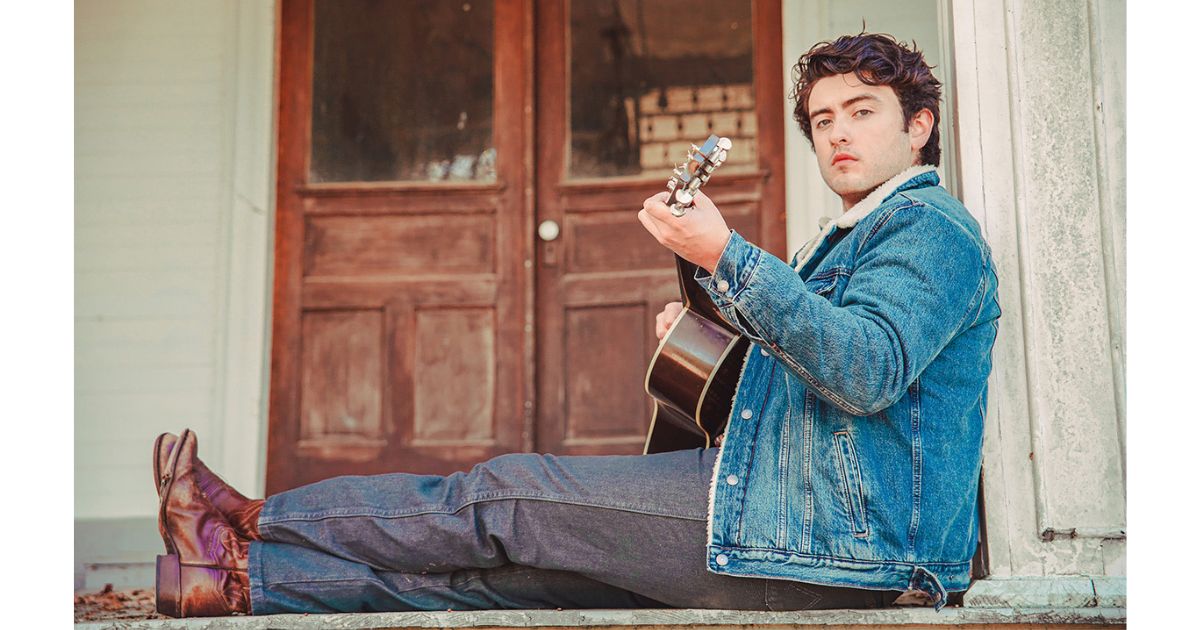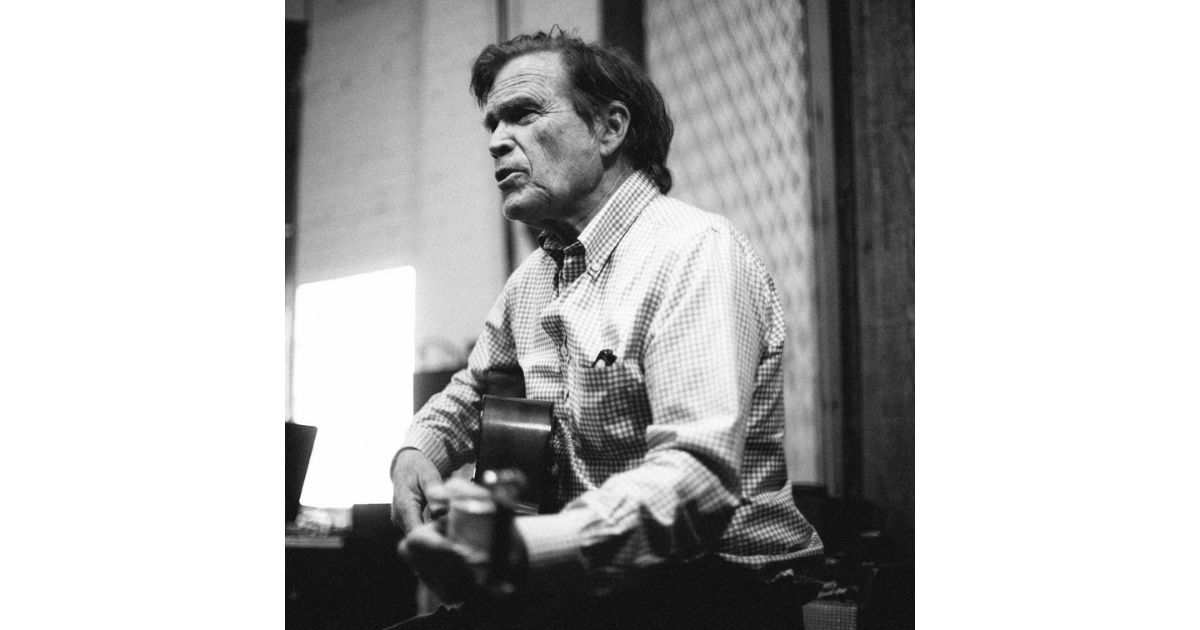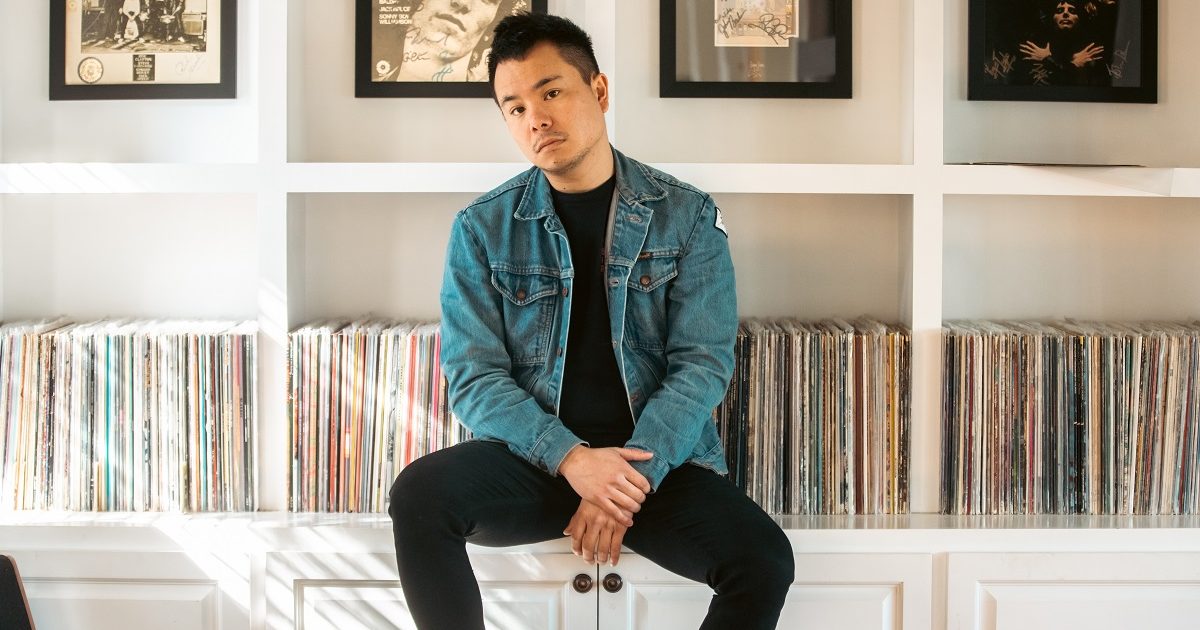Artist: Kevin Daniel
Hometown: Born in Tarboro, North Carolina; currently in Nashville, Tennessee
Latest Album: The Life & Adventures of Kevin Daniel
Personal nicknames (or rejected band names): Lol, Kevin Daniel & The Danielettes is one I force on my band sometimes (we go by Kevin Daniel & The Bottom Line when I play full band)
Which artist has influenced you the most … and how?
Historically I would have to say Elvis Presley due to his general stage presence and vocal abilities, but lately I’ve been way more interested in songwriting, which Elvis notoriously did not do a lot of. Currently Jason Isbell and Tyler Childers are my biggest lyrical influences, as well as Langhorne Slim who is honestly as much a poet as he is a singer. They all put truth to words in a way that seems genuine and can touch a wide variety of people and personalities.
What rituals do you have, either in the studio or before a show?
This might seem silly, but at the end of every show I play with a full band (The Bottom Line) I make sure to go up to each of them before we leave the stage to thank them. I don’t have a set band, it’s always a different setup, and I know these guys could be playing with someone else, so I just make sure to let them know I enjoyed and appreciated them before we start breaking down for the night.
What has been the best advice you’ve received in your career so far?
I don’t know if I can say this, but I once saw Margo Price on a panel and her big piece of advice was “don’t be an asshole.” I’ve taken that to heart and I try not to take anything too personally when it comes to my career. It’s easy to get bitter and jaded in the music industry, so not being a jerk can really go a long way with people.
Which elements of nature do you spend the most time with and how do those impact your work?
Anyone who knows me knows that I am obsessed with surfing. Real surfers know how passionate you can get about the sport and how it can really consume you. I spend about six weeks every year taking a break from touring to surf in Costa Rica, write music, and generally not drive more than a mile in any direction. Surfing helps me recollect my thoughts and really just be in the moment, whereas the rest of the year I’m always thinking at least three months ahead.
How often do you hide behind a character in a song or use “you” when it’s actually “me”?
I try to be as authentic as possible when I’m performing and writing music. At some point though, you are not as interesting as you think you are, and you need to write about stuff that has nothing to do with you. I think there’s a way to do that authentically but you are in essence writing a piece of fiction. The Kevin Daniel you see on stage is basically me, but generally more nice. In real life, I can be a bit of a grump. I’m working on it.
Photo Credit: China Carracedo
